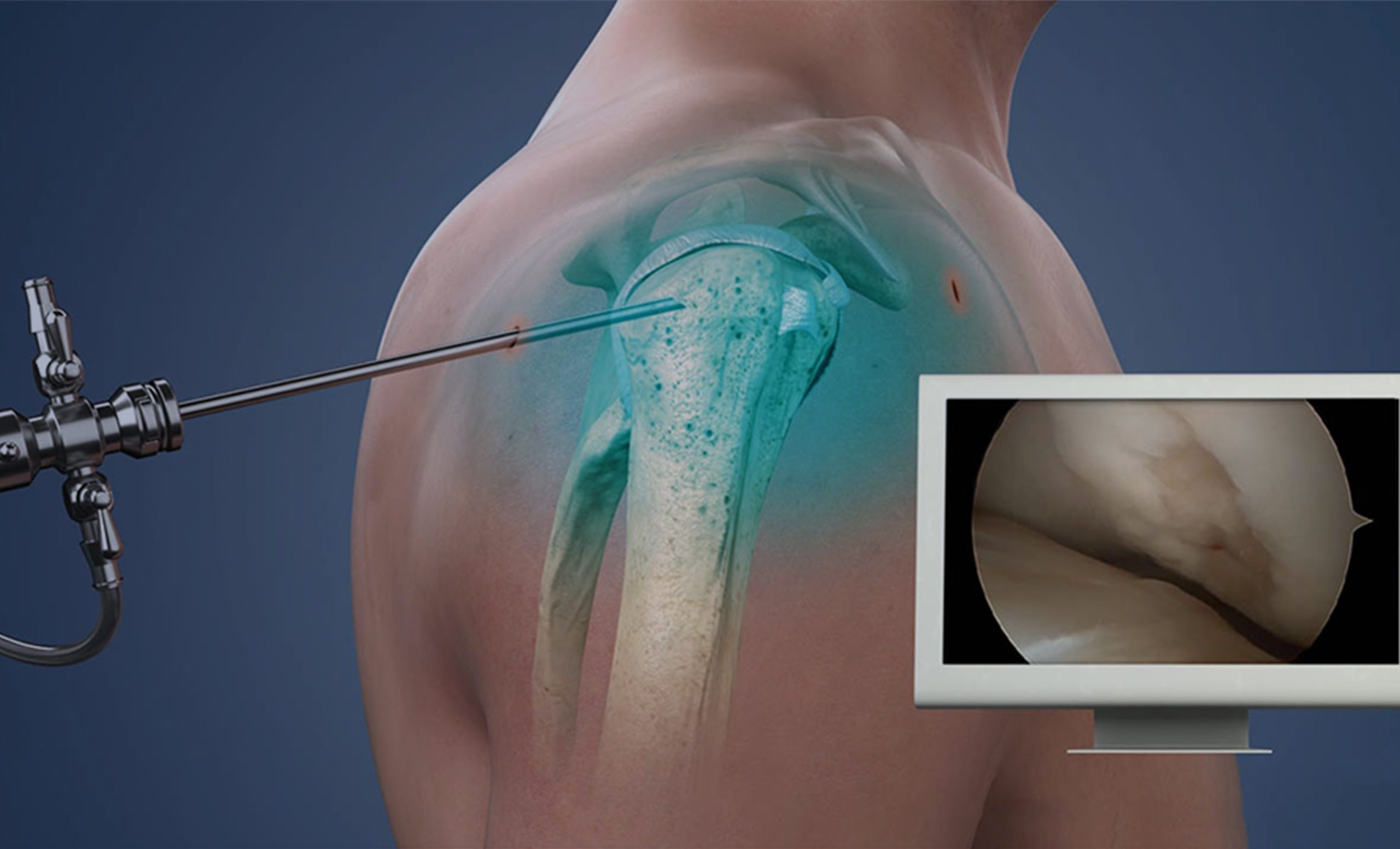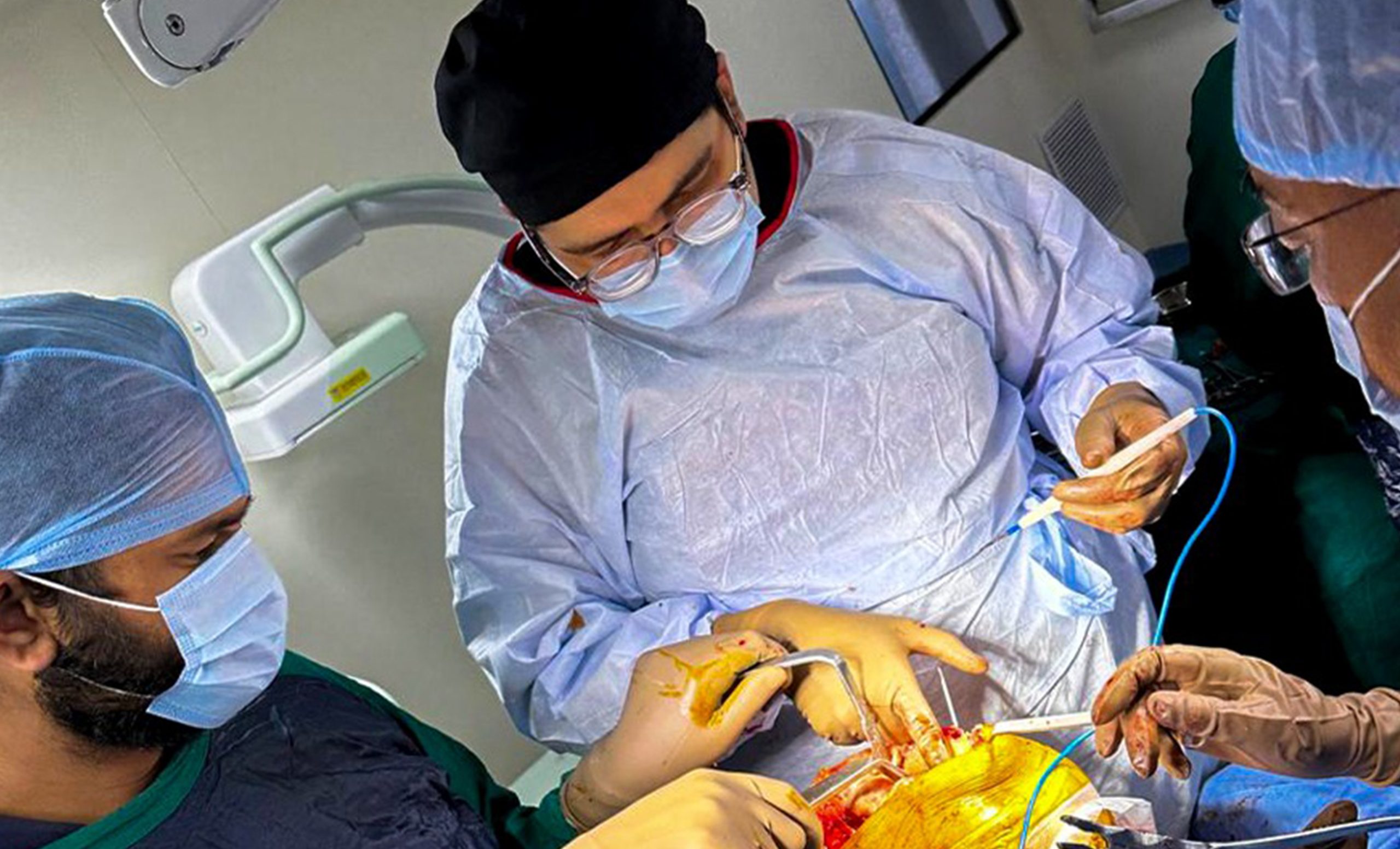The shoulder is one of the most flexible and hardworking joints in the human body — and when it starts to hurt, even simple tasks like reaching for a shelf or combing your hair can become difficult. Whether caused by injury, overuse, or age-related wear and tear, shoulder pain is a common complaint that affects people of all ages.
Understanding the Shoulder Joint
The shoulder is a ball-and-socket joint made up of three bones:
Humerus (upper arm bone)
Scapula (shoulder blade)
Clavicle (collarbone)
It’s stabilized by muscles and tendons, especially the rotator cuff, which helps lift and rotate the arm. Its wide range of motion makes it vulnerable to injury and inflammation.
Common Causes of Shoulder Pain
Rotator Cuff Injury
Strain or tears in the tendons of the rotator cuff due to aging, overuse, or sudden trauma.
Frozen Shoulder (Adhesive Capsulitis)
Stiffness and pain caused by inflammation and thickening of the shoulder capsule.
Shoulder Impingement
When shoulder tendons get pinched during arm movements, leading to pain and inflammation.
Arthritis
Degeneration of the shoulder joint cartilage, especially osteoarthritis in older adults.
Tendonitis
Inflammation of the shoulder tendons from repetitive motion (common in athletes and laborers).
Dislocation
When the upper arm bone pops out of the socket — can happen due to trauma or joint instability.
Fractures
Broken bones from falls or accidents.
Referred Pain
Sometimes shoulder pain comes from issues in the neck, heart, or gallbladder.
Symptoms to Watch For Dull or sharp pain in the shoulder or upper arm
Stiffness or limited range of motion
Swelling, tenderness, or warmth
Pain that worsens with activity or at night
Weakness in the arm or hand
Clicking or popping sounds when moving the arm
Treatment Options
🔹 Non-Surgical Rest & ice
Pain relievers or anti-inflammatories (NSAIDs)
Physical therapy
Shoulder braces or slings
Steroid injections for inflammation
🔹 Surgical
Arthroscopy (minimally invasive surgery for tears or impingement)
Rotator cuff repair
Shoulder replacement (for severe arthritis or trauma)
Shoulder pain can range from mild discomfort to a sign of a serious condition. With early diagnosis, proper care, and sometimes physical therapy or surgery, most shoulder problems can be effectively managed or fully healed.
Take care of your shoulders — they carry the weight of your world, quite literally!



